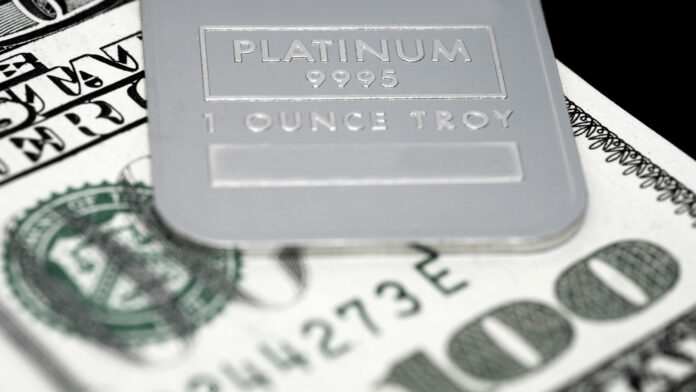
IMPALA Platinum (Implats) has unveiled a group-wide restructuring plan in which it may cut as much as 14% of platinum group metal (PGM) production between 2025 and 2027, including previously forecast expansions.
This comes amid expectation of “anaemic” market conditions for PGMs which has already resulted in a 32% decline in Implats’s average rand basket price for the past six months ended December 31.
This price weakness was the main factor behind a decline in Implats’s basic earnings for the six months which came out at R1.6bn compared to R14bn in the prior period (or 180 cents/share compared to 1,648c/share a year earlier).
Implats CEO Nico Muller said on Thursday the group’s Impala Canada (the Lac des Iles mine), written down for R8.5bn over the last two years, had been ‘repositioned’. As a result of a ‘harvesting’ strategy it would close in the next two to four years. A one-fifth reduction in labour numbers, about 200 people, has been announced. The mine was bought for R11.9bn in 2019.
The group had also decided not to proceed with a decline extension at its Mimosa mine in Zimbabwe. Combined with less anticipated output at Impala Canada, owing to its shortened mine life, the outcome was a staged phasing out of 300,000 oz in PGM output, equal to 8% of 2024 guided production, said Muller.
In addition, Implats has reduced employee numbers across the group by about 2,000 people. It now employed about 67,900 people compared to around 69,900 people in June last year. But more restructuring was on the cards.
Measures under consideration by Implats included the deferral of the phase 2 extension of Marula mine which has planned production of about 210,000 oz per year, the deferral of Zimplats’ base metals smelter, and possible optimisation at Impala Bafokeng, previously Royal Bafokeng Platinum that Implats bought last year.
“From 2025 to 2027 we are looking at a reduction of 14% of aspired production both at existing and well as planned increases in production,” said Muller in a media conference. “We can’t put (employee) numbers to that as we are in the early stages of detailing restructuring at operations.”
In terms of capital savings, Implats hope to cut about R10bn to R11bn from its capital bill over the next five years, primarily some R6.5bn if the base metals refinery is deferred at Zimplats. Ore pass system maintenance at Impala Canada of R1.5bn would be saved while a further R1.2bn would be saved at Marula. A further R2bn would be saved at Impala group, including its refineries and at Bafokeng.
Capital expenditure has been cut for the year to between R11bn and R12bn, inclusive of growth capital of between R3bn and R3.5bn.
The cuts may even extend to Impala Rustenburg, Implats’ flagship mine which reported “exceptional results” and generated free cash flow in the six month period.
Over the entire piece, however, Implats shed R4.8bn in free cash flow. It closed the six month period with net cash of R5.2bn. Asked if the company could restore positive free cash flow in the remainder of the financial year, CFO Meroonisha Kerber said there had been a number of non-recurring items in the first half.
At the headline earnings level Implats recorded a 77% year-on-year decline to R3.3bn or 365 cents/share, a 78% decline.










